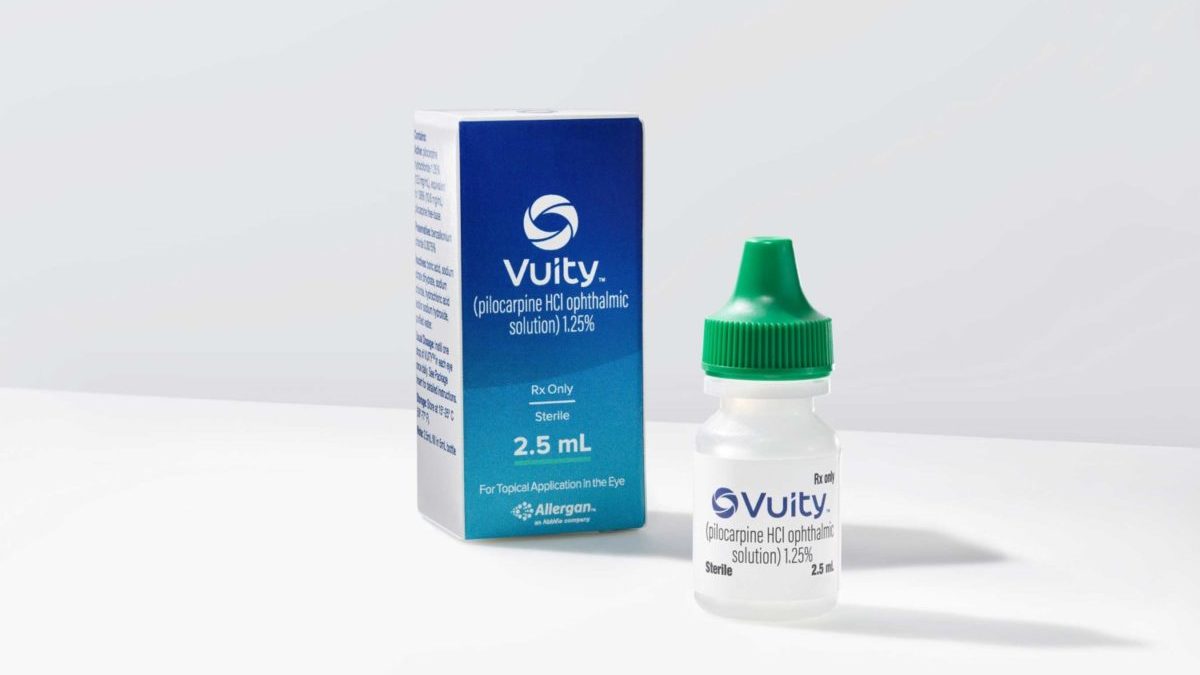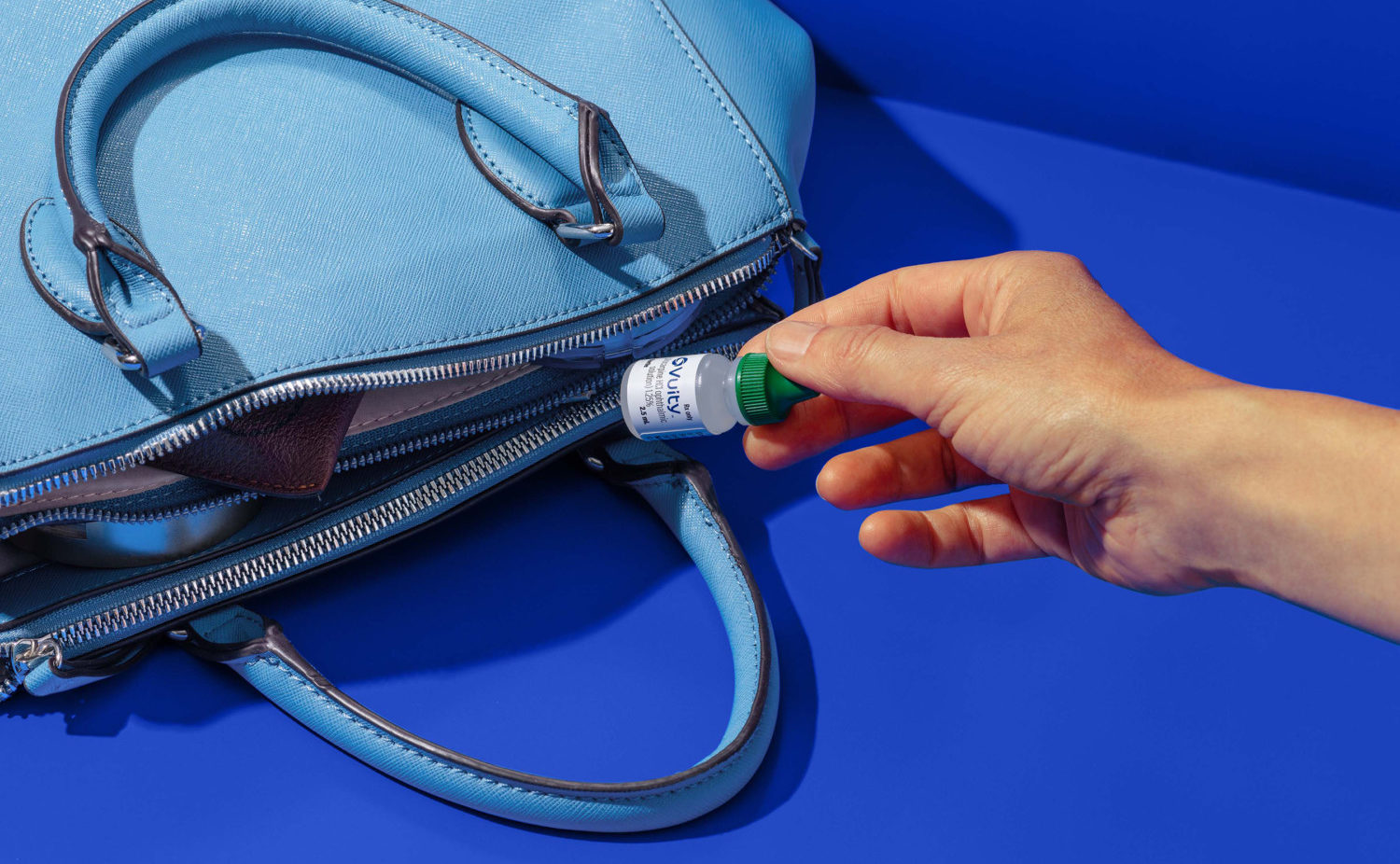The products and services mentioned below were selected independent of sales and advertising. However, Simplemost may receive a small commission from the purchase of any products or services through an affiliate link to the retailer's website.
People over 40 and others who reach for prescription reading glasses or over-the-counter “cheaters” might have another option that doesn’t require surgery or even contact lenses. In October, the U.S. Food and Drug Administration approved an eye drop to treat presbyopia.
Presbyopia is the medical term for age-related blurry near-vision. This common, progressive condition that reduces the ability to focus on close objects affects nearly half of the American adults. Although it usually impacts those over 40, younger people can also have presbyopia.
An optometrist or ophthalmologist can diagnose presbyopia during a basic eye exam. It cannot be reversed but is typically corrected by wearing reading glasses or contacts and sometimes surgery.
Vision-Correcting Eye Drops
The new treatment is called Vuity and is a once-daily solution that’s the first and, so far, only FDA-approved eye drop for treating blurry near vision. It reportedly works by causing the pupil to constrict, providing six to 10 hours of improved clarity. The drops begin to work in about 15 minutes.

Toni Wright learned about a clinical trial for Vuity eye drops in 2019 and became one of 750 participants aged 40 to 55. Wright, who was used to keeping a pair of reading glasses everywhere, noticed a difference immediately when she began using the treatment, according to Vuity’s parent brand, Allergan.
“As I’ve gotten older, my vision has changed, and it has become almost impossible to see clearly up close unless I wear my readers. Realizing that I needed to start using readers showed me how important it was to address this condition,” Wright said in a statement published by Allergan. “It was great to have the opportunity to participate in the clinical study investigating a new potential treatment option.”

When asked about her experience with Vuity by CBS News, Wright said, “It’s definitely a life-changer.
A Vuity spokesperson told CBS News that the eye drops will work best for people between the ages of 40 and 55.
“For anybody who doesn’t want to fiddle with reading glasses, this might be a really helpful alternative,” Dr. Scott M. MacRae, an ophthalmologist at the University of Rochester’s Center for Visual Science, told The New York Times.

According to Allergan, users of the eye drops should be cautious driving at night or performing hazardous activities in low-light conditions. You can wear contacts with the drops, but they should be removed before use and reinserted at least 10 minutes after dosing. The most common side effects reported have been headaches and eye redness.
If you’re thinking about running to Walgreens to pick some up, unfortunately it’s a bit more complicated than that. A physician must prescribe Vuity eye drops. According to Insider, they are not currently covered by insurance and cost about $80 for a 30-day supply.
This story originally appeared on Simplemost. Checkout Simplemost for additional stories.


